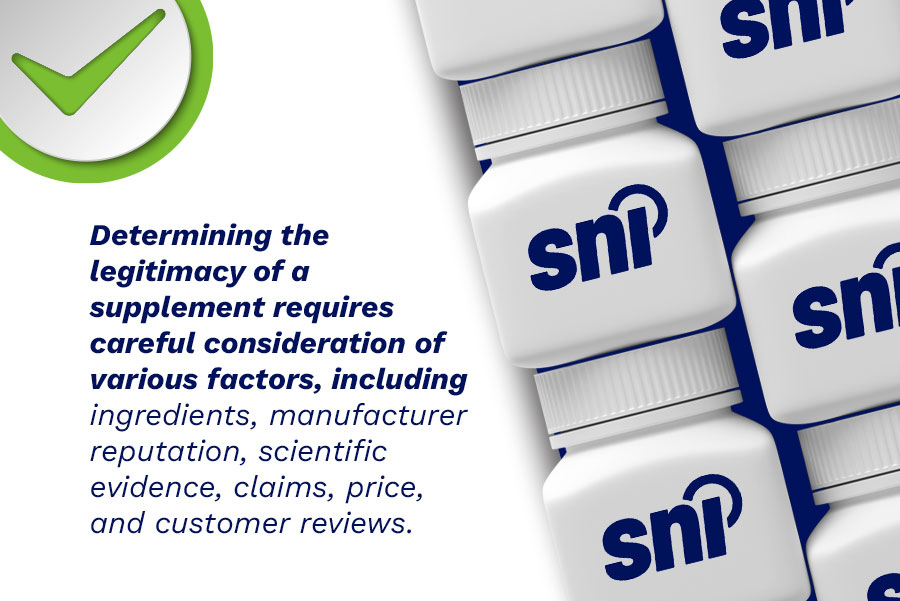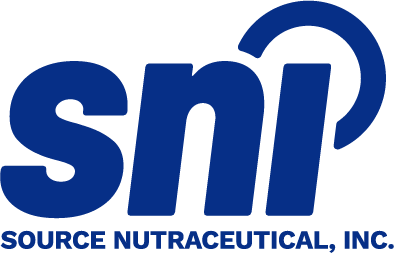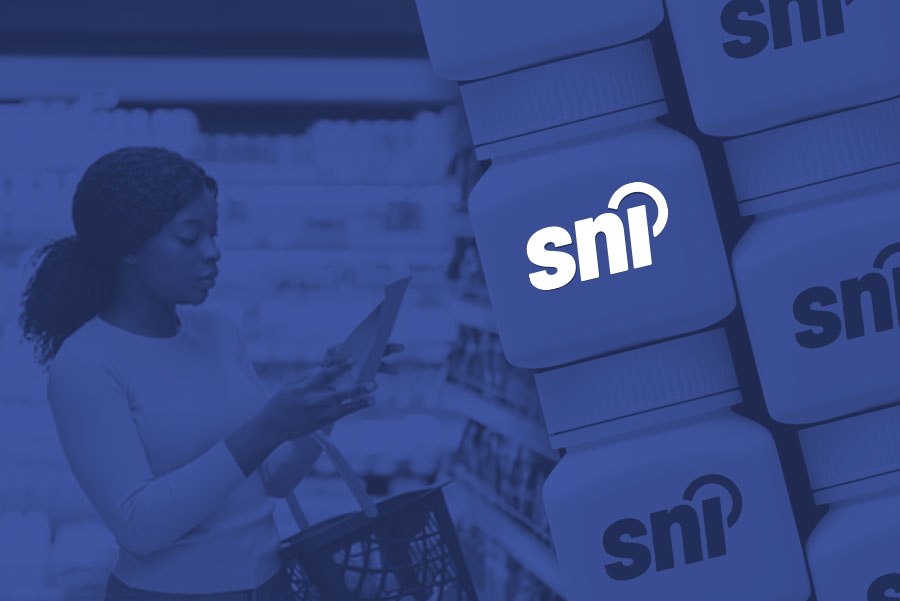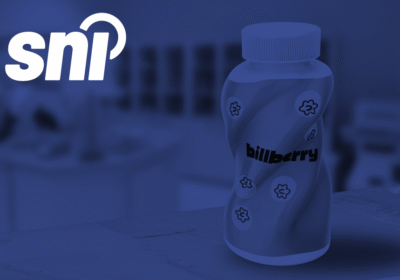In today's health-conscious world, supplements have become increasingly popular.
Whether you're looking to boost your energy levels, improve your immune system, or support your overall well-being, the supplement market offers a plethora of options.
However, with so many products available, it can be challenging to determine which ones are legitimate and safe to use. In this guide, we'll discuss some key factors to consider when evaluating the legitimacy of a supplement.
In this guide, we'll discuss some key factors to consider when evaluating the legitimacy of a supplement.
1. Check the Ingredients and Claims
One of the first things you should do when assessing a supplement is to carefully read the list of ingredients.
Legitimate supplements should contain clearly labelled, high-quality ingredients with specific quantities listed. Be wary of products that use vague language or proprietary blends, as these may not disclose the exact composition of the supplement.
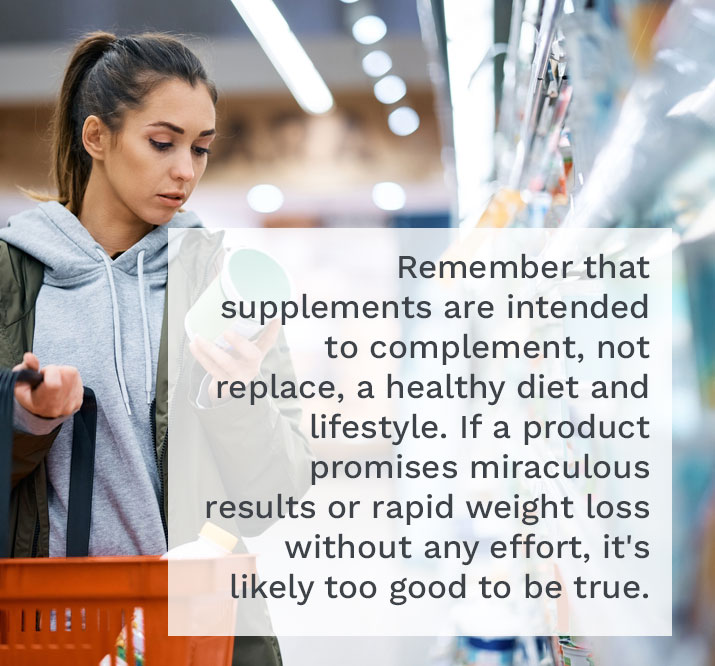
2. In Canada, look for a Natural Product Number (NPN) or Homeopathic Medicine Number (DIN-HM)
Canada requires all natural health products to have either an NPN or a DIN-HM on their label. These numbers indicate that the product has been assessed for safety, efficacy, and quality by Health Canada and is authorized for sale in Canada. You can verify the legitimacy of a product by searching for its NPN or DIN-HM on Health Canada's online database.
3. Research the Manufacturer
It helps to research the company that produces the supplement. Look for information about their reputation, manufacturing practices, and history of product recalls or safety issues. Reputable manufacturers often have a strong online presence and provide transparent information about their sourcing and production processes.
4. Check for Good Manufacturing Practices (GMP) Certification
Legitimate natural health product/supplement manufacturers adhere to Good Manufacturing Practices (GMP) to ensure the quality, purity, and safety of their products.
Look for products that are manufactured in facilities certified by organizations such as the Natural Products Association (NPA) or NSF International. GMP certification indicates that the manufacturer follows strict guidelines for product quality and safety.
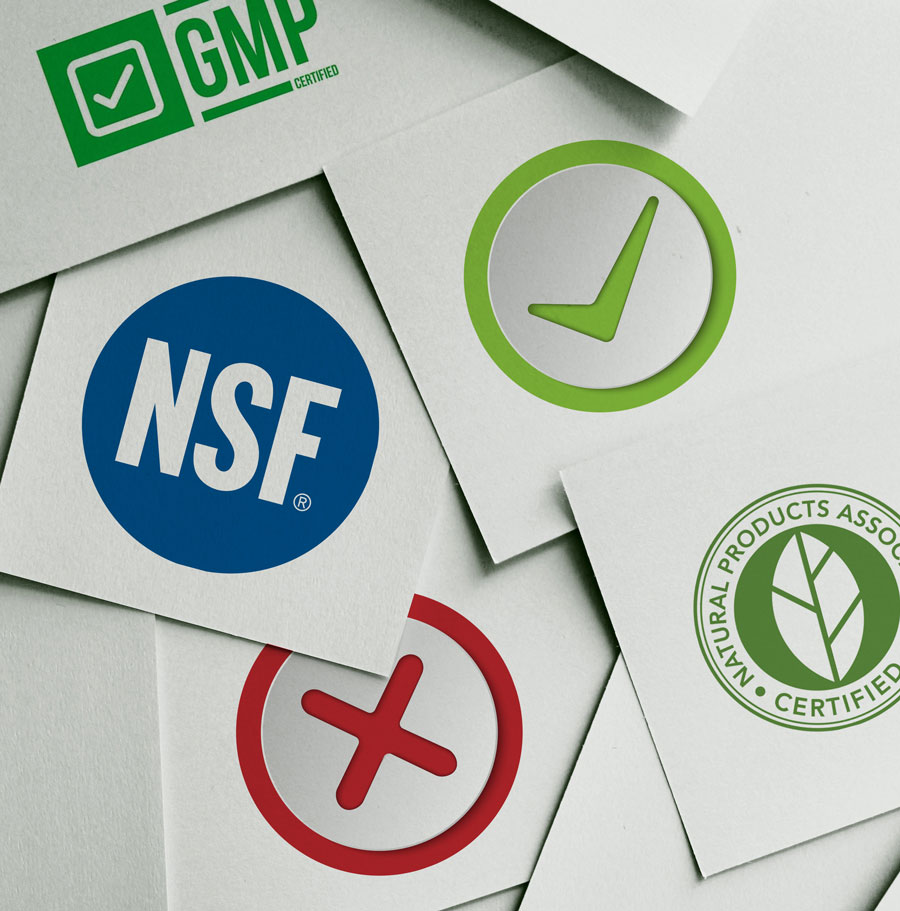
5. Consider the Price
While price alone isn't always an indicator of a supplement's legitimacy, excessively low prices may be a red flag. Quality ingredients and rigorous testing come at a cost, so be skeptical of supplements that are significantly cheaper than comparable products on the market.
6. Read Customer Reviews
Take the time to read reviews from other consumers who have tried the supplement. Look for feedback on effectiveness, side effects, and overall satisfaction with the product. However, keep in mind that individual experiences can vary, so consider the overall consensus rather than relying solely on a few reviews.

7. Beware of Red Flags
Finally, be cautious of products that exhibit red flags such as undisclosed ingredients, unverifiable claims, or suspicious marketing tactics. Trust your instincts and err on the side of caution when in doubt.
